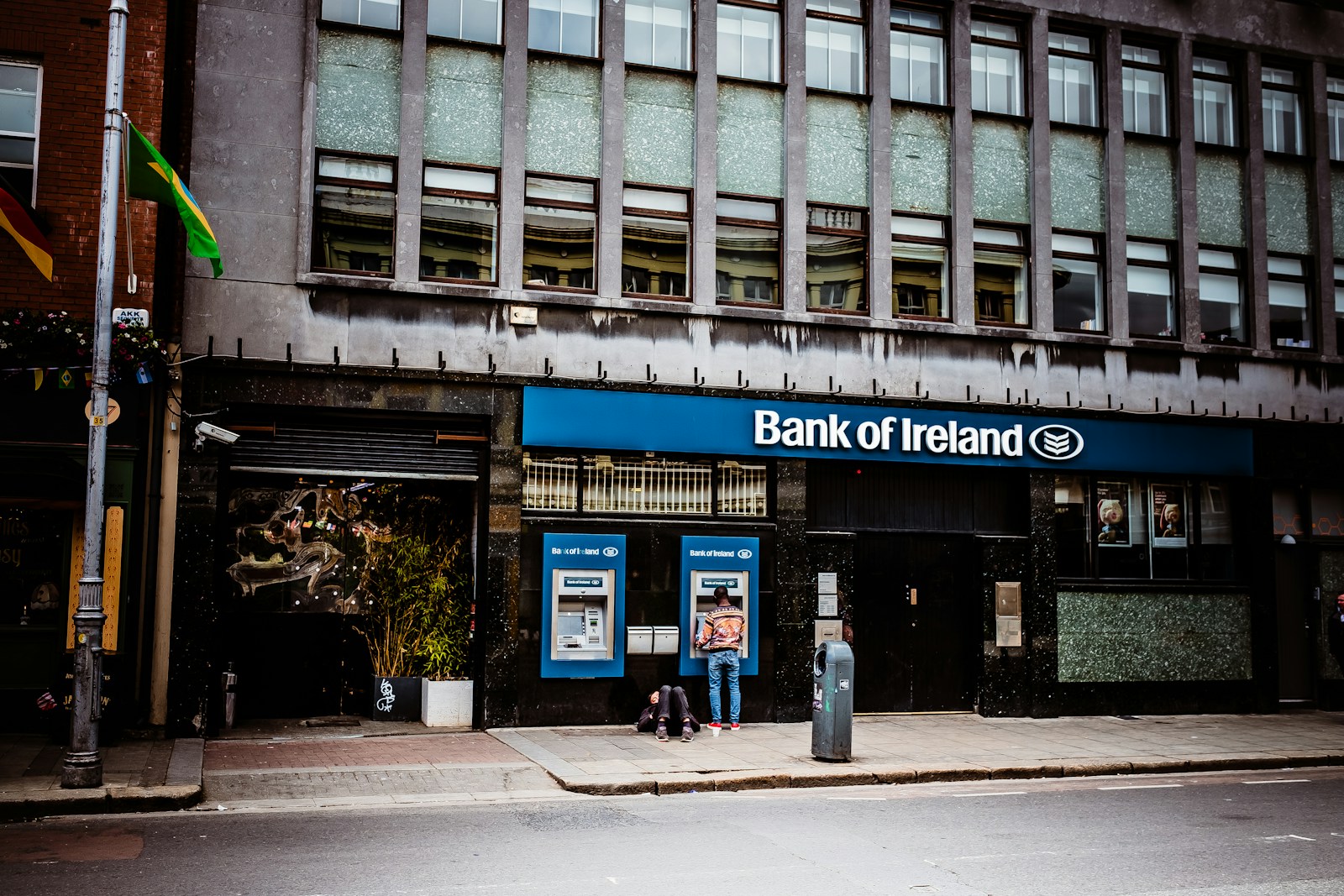A bank teller is the first person customers come across in a bank. This occupation is important in the context of providing certain financial services, performing the functions of a cashier, and in the scope of customer service as well. Bank tellers are to be respectful and trustworthy while being accurate as well efficient. Their work is also important in endorsing the services offered in the banks as well as preserving the image external to the organization.
Resume Description for This Job
Concerning the job description when writing a resume for a bank teller then consider analyzing the customer service aspect, handling of cash, and working accurately while under pressure.
Sample Resume Description:
“A Customer-oriented Bank teller in cash handling products, accounts and customer’s needs for over over two years. Experienced in daily transaction reconciliation, minor fraud investigation and marketing of banking products for customers satisfaction. Highly experienced in the previous engagements and working in ever changing environments which demands accuracy and productivity.”
Key Skills to Highlight:
- Competence in cash operations and keeping the records right.
- Ability to speak to people and explain things well.
- Knowledge of banking application and policies.
- Organizational skills and ability to work under pressure for positive results.
Salary (Based Range in the USA)
A teller’s salary is determined by the place, work experience and size of Bank.
- Entry-Level Bank Teller: Approximately $13 – $16/hr or $28,000 – $34,000 per year.
- Experienced Bank Teller: Around $16 – $20/hr or $34,000 – $42,000 per year.
- Senior or Lead Teller: Around $50,000 a year maximum where duties are considered as well.
Additional advantages such as bonuses, life insurance, and pension may be offered by some banks.
Responsibilities

The bank tellers perform various tasks that contribute towards the efficient running of the bank. Their core functions include:
Customer Transactions
- Processing deposits, withdrawals, and payments.
- Handling currency exchanges and issuing cashier’s checks.
- Assisting with money orders and wire transfers.
Cash Management
- Maintaining and balancing a cash drawer daily.
- Identifying counterfeit notes and reporting discrepancies.
Customer Service
- Greeting customers and answering inquiries about account details or services.
- Resolving complaints or escalating issues to management.
Promoting Bank Services
- Informing customers about banking products like loans, credit cards, and savings accounts.
- Referring clients to specialists for complex financial needs.
Compliance and Security
- Following banking policies and procedures to prevent fraud.
- Ensuring all transactions comply with federal regulations.
Team Collaboration
- Supporting colleagues during peak hours or when training new tellers.
Qualifications
Education:
- Minimum Requirement: High school diploma or equivalent.
- Preferred: Some college education or coursework in finance, accounting or business administration.
Skills:
- Number Skills: Basic arithmetic comprehension for necessary and essential calculations. Calendar Calculation Receiving, managing or directing messages in any manner and from any source to the customers.
- Patient Adjective: Thorough analysis and critical evaluation of any and all potential requirements proposed in the client’s case. The response was continuous intellectual engagement since the construction of the case study.
- Cell Signaling/Western Blotting Techniques: Ability to quickly learn instrumental and software packages including any applications related to the company’s around whereby emphasis will be placed on company ethical policies.
- Need Writing: Maintaining a reasonable level of behavior/action during client encounters.
Experience
- Entry-Level Roles: Candidates are not required to have prior experience though exposure to retail or cash handling would be an added advantage.
- Acknowledged: The candidate has experience working in customer service, sales or similar environment.
Certifications (Optional)
- Certified Bank Teller: A person who has certification of this kind shows credibility and loyalty to the position.
- Notary Public License: Help in performing certain legal documents.
FAQs
Q1: What are the working hours in the position of a bank teller?
The majority of bank tellers operate during the regular banking hours which normally fall from Monday to Friday with some branches open for a limited time over the weekends.
Q2: Is it easy being a bank teller?
The job does involve some degree of precision and touching money so there is a defined risk but the good thing is with proper training and other systems in place it is an attainable task. Customer service responsibilities can also be sometimes demanding but with problem-solving ability, the stress level reduces to a great extent.
Q3: Is there the possibility of promotion for a bank teller at a bank?
Yes, a lot of bank tellers seek to be promoted into the positions of personal bankers, loan officers, or branch managers. Obtaining extra qualifications or finance-related degrees will support work undertakings and even allow more rapid career growth.
Q4: What are the core competencies required for a bank teller to be competent to practice?
The features necessary for competent performance include customer orientation, numeric skills, conversational skills, and knowledge of bank computer programs and applications.
Q5: Is it necessary for bank tellers to have some background?
Although it is always good to have worked in either customer service or retail, most banks provide necessary training for new tellers on the job.
Q6: Is the bank teller position relevant today?
The emergence of cashier less banking has certainly diminished the need for tellers, but their role is critical in providing services that require human intervention in the transactions.
Conclusion
The bank teller has so much more responsibility aside from undertaking transactions, being the intermediary between the customer and the bank. Such role helps them gain useful skills, grow professionally in the world of finance, and discreetly affect clients’ overall banking experience in a positive way. The good thing here is, whether you are interested in your first job or a changing career to the service industry, the profession of a bank teller is very promising with opportunities for advancement.
